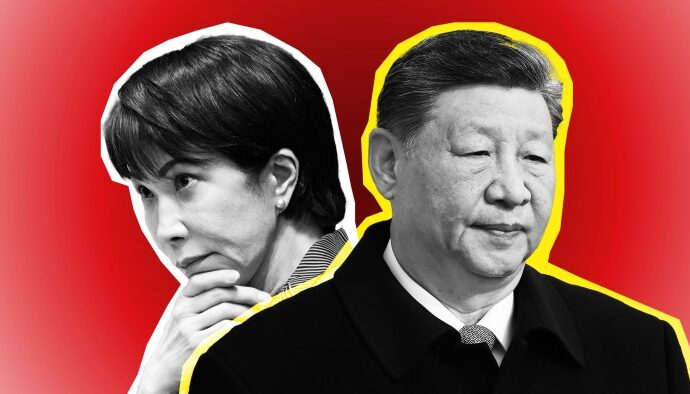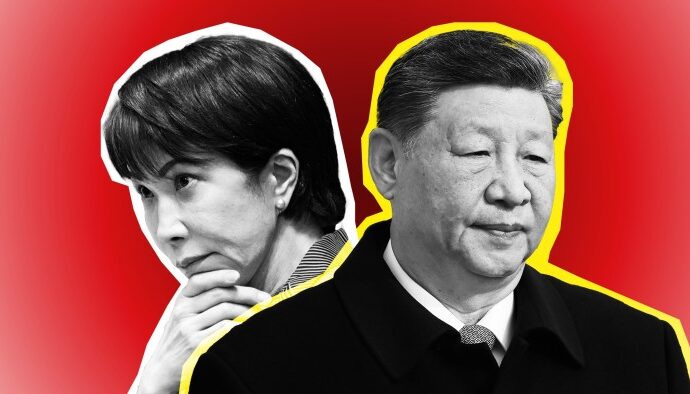
Stay informed with free updates
Simply sign up to the Indian business & finance myFT Digest — delivered directly to your inbox.
A US bankruptcy court has ordered the founder of Byju’s to pay more than $1bn in the latest stage of a bitter legal battle between what was once India’s biggest start-up and its creditors.
The default ruling against Byju Raveendran, a former corporate star who set up the eponymous Indian edtech and tutoring company, comes after its lenders launched a years-long and sprawling lawsuit to locate almost half the proceeds from a $1.2bn US term loan made in 2021.
The Delaware court said Raveendran, who lives in Dubai, had refused to co-operate with legal discovery efforts and had repeatedly failed to show up for hearings. Earlier this year, it found him in contempt and imposed a $10,000-a-day penalty, which has since accumulated into hundreds of thousands of dollars.
“The monetary sanctions, however, remain unpaid and have been ineffective. Raveendran lives abroad and apparently has no intention of satisfying his financial penalties or complying with the discovery orders,” judge Brendan Shannon wrote in his order, describing the $1.07bn relief as “extraordinary”. The relief owed includes the accumulated daily penalties.
“But the circumstances of this case are, frankly, unique and unlike anything the undersigned has encountered before, thereby making such relief in this case richly warranted,” Shannon said, giving the parties seven days to respond to the order.
Earlier this year, Byju’s creditors directly sued and accused Raveendran, along with his co-founder wife and another alleged Byju’s accomplice of “masterminding the theft” of $533mn in loan proceeds.
Byju’s founders had previously called the allegations “completely baseless and untrue”.
Lawyers representing Raveendran said the court had “prematurely issued a monetary judgment” and that he would appeal against the order. They said Raveendran “was specifically provided insufficient time to retain legal counsel and address the court orders to accelerate the proceedings”.
Once valued at $22bn, Byju’s had garnered major interest and investment from the likes of BlackRock and Prosus. The company used funds raised to launch a global expansion and spending spree. It also sponsored the Fifa World Cup in Qatar, as well as India’s national cricket team.
But trouble began after a flow of cheap money dried up as central banks tightened interest rates following the coronavirus pandemic. Investors wrote off stakes in Byju’s worth hundreds of millions of dollars.
Soon after taking out the $1.2bn loan, received by a US entity controlled by Byju’s, the creditors accused the start-up of default, sparking an ugly transnational tussle with its former backers. The allegations aired in court raised serious questions about the company’s corporate governance.
In February, a US judge ruled that there had been “fraudulent transfer” of the loan proceeds by Byju’s entities and associates.
Legal documents and testimony showed that $533mn had been transferred to a little-known Miami hedge fund, which at one point had its headquarters registered to a pancake chain. The money was then transferred outside the US via a UK company.
Byju’s travails have not just been confined to the US. At home in India it is entangled in a web of insolvency proceedings primarily related to an Indian cricket team sponsorship contract. It also faced fierce criticism for aggressive sales practices as it sought to hook in millions of Indian families.
In a podcast in May, Raveendran sought to blame his problems on “vulture” lenders.


